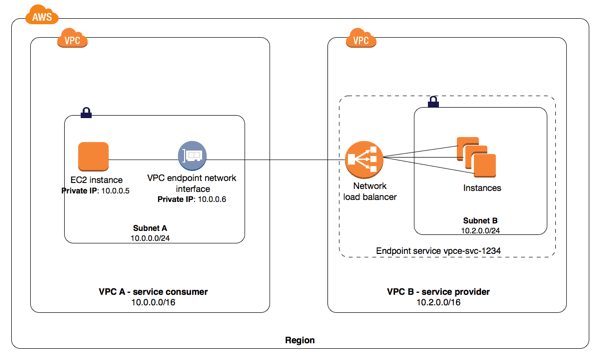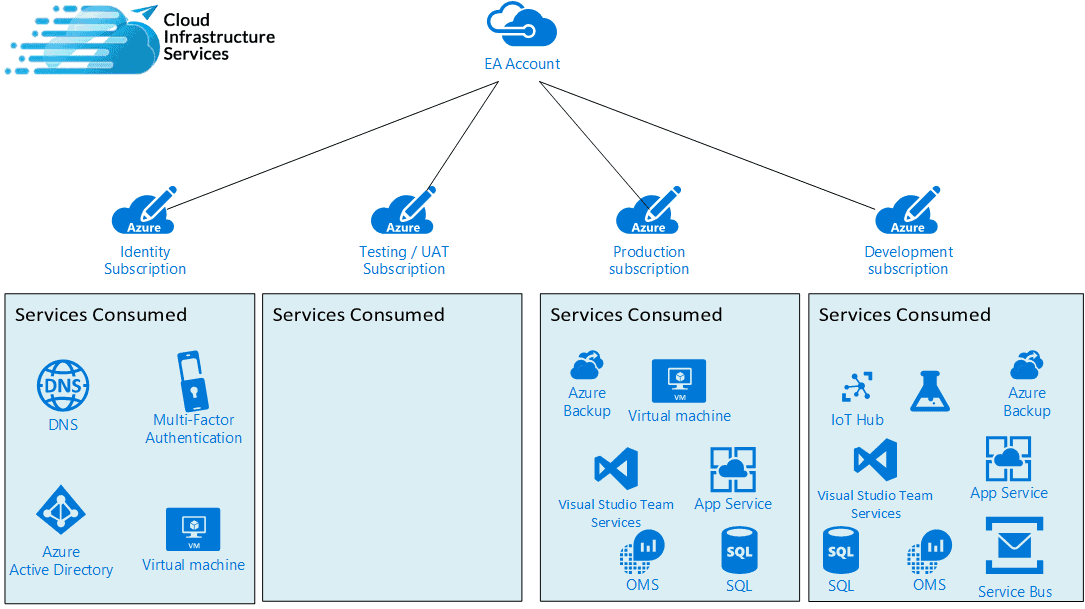
Many online entrepreneurs are concerned about hosting costs. The prices can be reduced when you use a promo code and choose a reputable website host. The key is to find a host that fits your needs and budget, while also offering excellent customer service and features.
Hostinger offers cheap hosting, with many features and options that are simple to use. The 30-day money-back policy and excellent customer support will help you in case you have any problems.
The hostinger plan ranges from basic VPS to dedicated servers and premium VPS. Each plan offers a number of features such as shopping carts and payment processing tools.
What's more, hostinger vps has a simple control panel that makes it easier to manage your server and website. You can also find tutorials covering everything you need about how to setup a VPS.

Pricing and renewals
A lot of hosting companies offer promotional discounts, but those deals usually expire soon after they're applied. This can lead people to overspend on hosting packages that they really don't require.
If you are just starting out, beware of long-term contract. These contracts include annual fees, even though the initial price was lower. The charges can be substantial over time. Therefore, it is best to look for a host who will not lock you into an agreement you are unhappy with.
InMotion, for example offers a $9.95/month plan with a shopping cart and a SSL certificate included. These services are a great way to boost your site's security and ensure customers can make purchases on your eCommerce website with confidence.
Cloud hosting is another popular option for online businesses. Cloud hosting costs more than shared hosting but offers better performance and flexibility. Cloud hosting is the best option if you want to expand your business. It offers dedicated servers and more bandwidth.
Different companies offer different cloud hosting packages. You should choose the one that best suits your needs. Take into consideration how much traffic is coming to your website and what performance you require.

If you're planning to build an eCommerce platform or even a blog, you should select a company that will provide the performance and functionality you need. The right hosting plan will help you build your brand, increase sales, and keep you on top of things online.
A money-back warranty is offered by most cloud providers. By signing up for the hostinger free trial, you can test out their plan without any risk.
It is best to compare hostinger plans before choosing the one that's right for you. If you decide to go with a hostinger, make sure you read all the terms and policies before you sign up.
FAQ
How do I choose a Domain Name?
A good domain name is vital. Without a great domain name, people will not know where to find you when they search for your product.
Domain names should be short, easy to remember, relevant to your brand, and unique. Ideally, you want something that people would type into their browser.
Here are some tips to help you choose the right domain name.
* Use keywords related your niche.
* Do not use (-), symbols or hyphens.
* Don't use.net or.org domains.
* Do not use words you already know.
* Avoid generic terms such as "domain" and "website".
* Check it's always available.
Do I require technical skills to design or build my website?
No. You just need to be familiar with HTML and CSS. Tutorials that teach HTML and CSS can be easily found online.
Can a strong portfolio make me more likely to get hired as web developer?
Yes. It is important to have a portfolio when applying for web design or development jobs. Portfolios must showcase your skills and experiences.
Portfolios usually include samples of past projects. These can be anything that shows off your skill set. You should have everything in your portfolio, including mockups.
How to design a site?
Understanding your customers' needs is the first step. What are they looking at when they visit your site.
What issues might they be facing if they can't locate what they're looking at on your site.
After you have this information, you need to find out how to solve the problem. It is also important to ensure your site looks great. It should be easy to navigate.
Your site should be very well-designed. It should not take too much time to load. If it takes too long, people may not be able to stay as long. They will move on to something else.
When you are building an eCommerce site, it is important to consider where all your products are located. Are they all in the same place? Are they scattered about your site?
You must decide whether to sell one product only or many products simultaneously. Do you want to sell just one type of product or multiple kinds?
You can start building your site when you've decided on these questions.
Now, it's time to take care of the technical aspects. How will your website work? Is it fast enough? Can they access it quickly via their computers?
Will they be able buy anything without having pay an extra fee? Do they need to register with you before they can purchase anything?
These are crucial questions you should be asking yourself. These are the questions that you need to answer in order to be able move forward.
WordPress: Is it a CMS or not?
Yes. It is a Content Management System (CMS). CMS allows you control your website content using a web browser and not an application like Dreamweaver, Frontpage or Frontpage.
The best part about WordPress is that it's free! Hosting, which is usually provided by your ISP, is free.
WordPress was initially intended to be used as a blog platform. Now, WordPress offers many different options: eCommerce sites, forums. Membership websites. Portfolios.
WordPress is easy to install and set up. You must download the installation file from their website and upload it onto your server. Then, you simply visit your domain name through your web browser and log in to your new site.
After installing WordPress, it's necessary to register for a username. Once you have logged in, a dashboard will appear where you can view all of your settings.
From here, you can add pages, posts, images, links, menus, widgets, and plugins. You may skip this step if you feel comfortable editing and creating content.
You can also hire a professional web design firm to help you with the whole process.
Statistics
- At this point, it's important to note that just because a web trend is current, it doesn't mean it's necessarily right for you.48% of people cite design as the most important factor of a website, (websitebuilderexpert.com)
- Studies show that 77% of satisfied customers will recommend your business or service to a friend after having a positive experience. (wix.com)
- When choosing your website color scheme, a general rule is to limit yourself to three shades: one primary color (60% of the mix), one secondary color (30%), and one accent color (10%). (wix.com)
- The average website user will read about 20% of the text on any given page, so it's crucial to entice them with an appropriate vibe. (websitebuilderexpert.com)
- Did you know videos can boost organic search traffic to your website by 157%? (wix.com)
External Links
How To
What is website hosting?
Website hosting is the place where visitors go to visit a website. There are 2 types.
-
The cheapest option is shared hosting. Your website files reside in a server managed by another company. Customers visit your website and send their requests over the Internet to this server. The owner of the server then hands off the request to you.
-
Dedicated hosting - This is the most expensive option. Your website is only accessible from one server. Your traffic stays private as no other websites can share the same server.
Because shared hosting is more affordable than dedicated hosting, most businesses opt for it. Shared hosting allows you to have your website run by the company who owns the server.
But there are pros and cons to both options. Here are the main differences between them:
Shared Hosting Pros:
-
Lower Cost
-
Simple to Setup
-
Frequent updates
-
It can Be Found On Many Web Hosting Companies
Shared hosting can often cost as little as $10/month. This price often includes bandwidth. Bandwidth refers the data that you can transfer over the Internet. So even if you only upload photos to your blog, you may still pay extra money for high amounts of data transferred through your account.
Once you begin, you will soon see why you spent so much on your previous host. Most shared hosts provide very limited customer support. While they may occasionally assist you in setting up your site and other tasks, after that you are all on your own.
Providers that offer 24-hour customer support are worth looking into. They will assist you with any problems that may arise while you're sleeping.
Cons of dedicated hosting
-
More Expensive
-
Less Common
-
Specific Skills Required
With dedicated hosting you will have everything you need to manage your website. You won’t need to worry whether you have enough bandwidth or enough RAM (random address memory).
This means you will need to spend more upfront. You'll soon realize that your business is self-sufficient once it's online. You will become an expert in managing your servers.
So Which Is Better For My Business?
The answer will depend on the type and purpose of your website. If you're selling products only, shared hosting might work best. It is simple to set up and easy to maintain. A server shared with several other sites means that you will receive frequent updates.
If you are looking to create a community around your brand, dedicated hosting is the best option. Instead of worrying about traffic, you can concentrate on building your brand.
If you're looking for a web host that offers both options, we recommend Bluehost.com. Bluehost.com offers unlimited monthly data transfers, 24/7 customer support, domain registrations free of charge, and a 30-day guarantee for your money back.